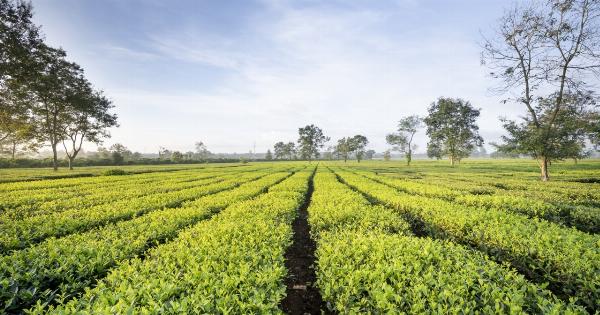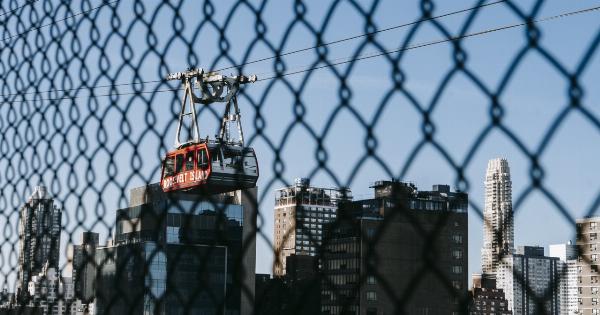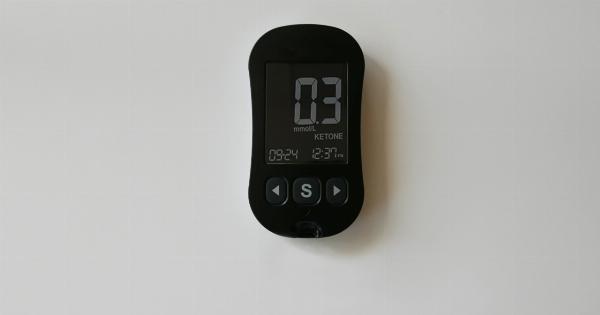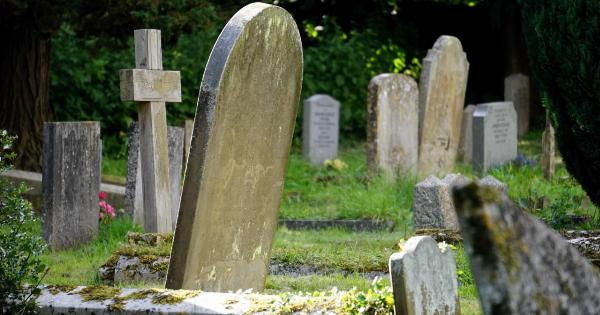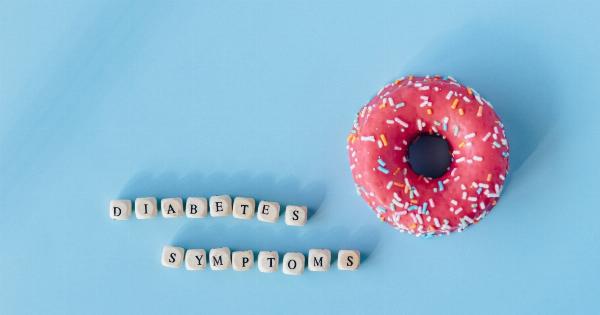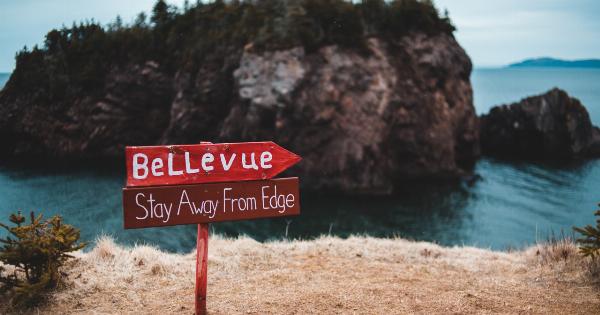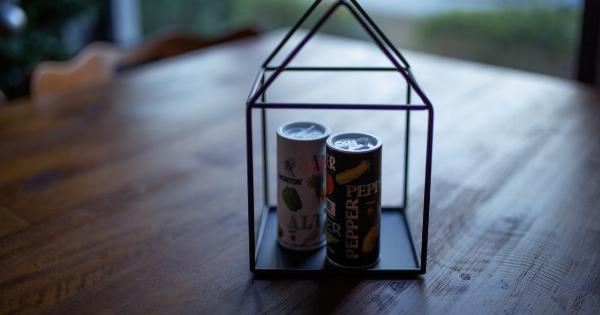Caffeine is a stimulant that is consumed by millions of people across the world to wake up, stay alert, and even improve athletic performance. But did you know that caffeine overdose can lead to serious health issues, including kidney failure?.
The Dangers of Caffeine Overdose
Caffeine overdose can happen when you consume more caffeine than your body can handle. The symptoms of caffeine overdose can be mild to severe, depending on the amount consumed and your individual tolerance. Some common symptoms include:.
- Restlessness
- Jitteriness
- Nausea
- Vomiting
- Rapid heart rate
- Difficulty breathing
In severe cases, caffeine overdose can lead to seizures, coma, and even death. However, kidney failure is a less commonly known but equally serious complication of caffeine overdose.
Caffeine and Your Kidneys
Your kidneys are responsible for filtering waste products from your blood and maintaining proper fluid balance in your body. They are also responsible for regulating blood pressure and producing hormones that are essential for good health.
When you consume caffeine, it is absorbed into your bloodstream and filtered through your kidneys.
While small amounts of caffeine are harmless to the kidneys, excessive caffeine consumption can cause damage to the renal tubules, which are responsible for filtering waste products.
Caffeine can also cause dehydration, which puts a strain on the kidneys and can lead to kidney damage over time. Dehydration can also lead to the formation of kidney stones, which can cause pain and other complications.
How Much Caffeine is Too Much?
The amount of caffeine that is considered safe varies depending on age, health status, and individual tolerance.
However, as a general rule, consuming more than 400 milligrams of caffeine per day (equivalent to 4 cups of coffee) can increase your risk of caffeine overdose and its complications.
If you have kidney disease or are at risk of kidney problems, it is important to limit your caffeine consumption. This includes not only coffee and energy drinks but also other sources of caffeine such as tea, chocolate, and certain medications.
Preventing Kidney Damage from Caffeine Overdose
The best way to prevent kidney damage from caffeine overdose is to avoid consuming excessive amounts of caffeine. This means limiting your intake of coffee, energy drinks, and other caffeinated products.
If you do consume caffeine, be sure to drink plenty of water to stay hydrated and support your kidney function. You can also try switching to decaffeinated products or alternative beverages such as herbal tea or water with lemon.
If you have symptoms of caffeine overdose or are concerned about your kidney health, talk to your healthcare provider. They can help you assess your caffeine consumption and provide guidance on how to protect your kidney function.
The Bottom Line
Caffeine is a popular stimulant that is consumed by millions of people worldwide. While small amounts of caffeine are generally safe for most people, excessive consumption can lead to serious health issues, including kidney failure.
If you are concerned about your caffeine consumption or kidney health, talk to your healthcare provider about how to reduce your risk of caffeine overdose and its complications.

